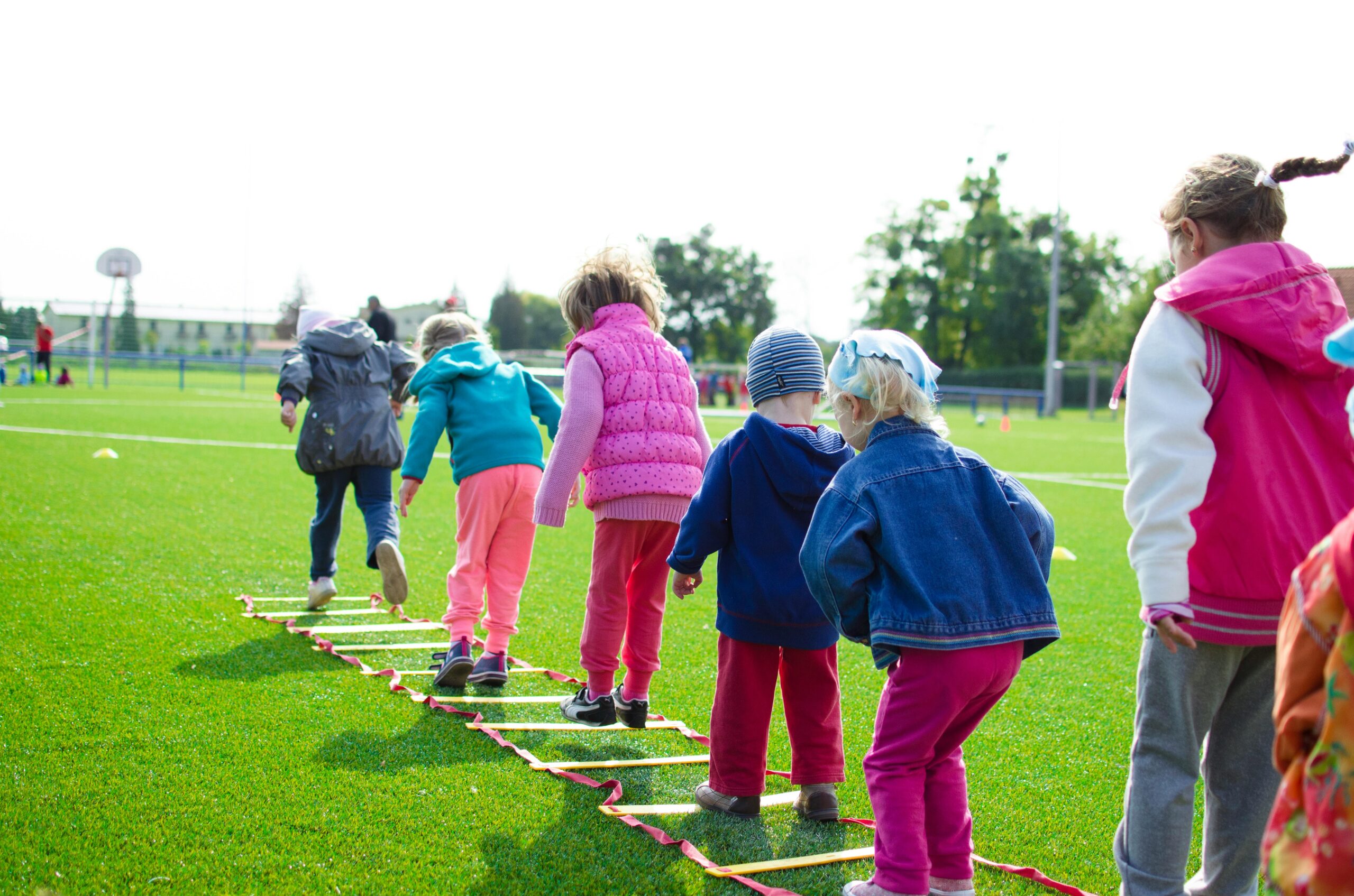Parenting is a deeply personal journey, no doubt in that. But in Indian families, it often becomes a collective endeavor. The role of grandparents in shaping parenting practices cannot be overstated. Their influence, stemming from their experience, wisdom, and emotional investment in the family, offers both opportunities and challenges.
This article explores the multifaceted ways grandparents impact parenting in Indian households and provides insights into navigating these relationships effectively.
The Cultural Context of Grandparents’ Role
India’s cultural fabric places a strong emphasis on familial bonds and intergenerational living. Joint families have traditionally been the norm, where grandparents actively participate in raising children.
Even in nuclear families, the connection with grandparents remains significant, often facilitated by frequent visits or technology. Grandparents are seen as repositories of knowledge, tradition, and values, making their role in parenting indispensable.
Positive Influences of Grandparents
Grandparents bring several positive dimensions to parenting, enriching the upbringing of children in unique ways:
- Emotional Support: Grandparents often serve as a safety net for both parents and children. Their calming presence provides emotional stability, especially during challenging times. For working parents, knowing that grandparents are there for their children offers immense peace of mind.
- Cultural Transmission: Grandparents play a pivotal role in passing down cultural traditions, rituals, and values. From teaching traditional recipes to narrating mythological stories, they ensure that children develop a sense of identity and pride in their heritage.
- Practical Help: In dual-income households, grandparents often step in to fill gaps in childcare. They help with school drop-offs, homework, and even daily chores, reducing the burden on parents and allowing them to focus on their careers.
- Life Lessons and Wisdom: Their life experiences translate into valuable lessons for children. Stories from their own lives or moral tales imparted during bedtime create a reservoir of wisdom that helps shape a child’s character.
- Stronger Family Bonds: Grandparents act as the glue that binds extended families. Their presence fosters a sense of belonging and community, ensuring that children grow up surrounded by love and support.
Challenges of Grandparents’ Involvement
While their contributions are invaluable, grandparents’ involvement in parenting can also present challenges:
- Conflicting Parenting Styles: Differences in parenting approaches between generations can lead to disagreements. Grandparents may lean towards more traditional practices, while parents might prefer modern, research-backed methods.
- Overindulgence: Grandparents, driven by unconditional love, might indulge children excessively. This can lead to issues like leniency in discipline or unhealthy habits such as excessive screen time or sugary treats.
- Boundary Issues: In some cases, grandparents’ involvement can feel intrusive to parents. A lack of clear boundaries might lead to tension, especially if grandparents overstep or undermine parental authority.
- Generational Gap: Differences in perspectives due to the generational gap can sometimes create misunderstandings. Grandparents might struggle to adapt to modern parenting practices or technological advancements.
Balancing Grandparents’ Involvement
Navigating the influence of grandparents requires mutual understanding and open communication. Here are strategies to balance their involvement effectively:
- Set Clear Boundaries: Establishing boundaries helps define roles and responsibilities. Parents should communicate their expectations while respecting grandparents’ contributions.
- Encourage Open Communication: Honest conversations can prevent misunderstandings. Discuss parenting philosophies, routines, and expectations to align everyone’s approach.
- Value Their Contributions: Acknowledge and appreciate the role grandparents play. Involving them in decisions where appropriate fosters a sense of collaboration.
- Educate Without Criticizing: Share information about modern parenting practices tactfully. For example, explain the benefits of limiting screen time or following a specific bedtime routine without appearing dismissive of their methods.
- Prioritize the Child’s Well-being: Ultimately, the child’s best interests should guide all decisions. Balancing grandparents’ involvement with the child’s needs creates a harmonious environment.
Grandparents in Urban and Rural Contexts
The role of grandparents varies significantly between urban and rural settings:
- Urban Families: In cities, where nuclear families are prevalent, grandparents often visit for extended periods or provide support through virtual means. Their involvement is usually more structured, with defined roles in childcare.
- Rural Families: Joint families remain more common in rural areas, where grandparents are integral to daily life. Their influence on parenting is direct and continuous, often shaping children’s upbringing profoundly.
Impact of Grandparents on Children
The presence of grandparents enriches children’s lives in multiple ways:
- Emotional Security: The unconditional love of grandparents fosters a deep sense of security and self-worth in children.
- Broadened Perspectives: Exposure to different viewpoints and stories from grandparents helps children develop empathy and a broader understanding of life.
- Learning Resilience: Grandparents’ stories of overcoming challenges instill resilience and problem-solving skills in children.
- Intergenerational Bonding: Strong relationships with grandparents teach children about love, respect, and family values, creating memories that last a lifetime.
Case Studies: Real-Life Examples
- The Mishra Family: Living in a bustling metropolitan city, the Mishras rely heavily on grandparents for childcare. While occasional disagreements arise over discipline, clear communication and mutual respect have fostered a supportive environment for their child.
- The Singh Family: In their rural household, the Singh family’s grandparents are the primary caregivers while the parents work in nearby towns. Their involvement has ensured that traditional values remain integral to the children’s upbringing.
Adapting to Modern Realities
As societal dynamics evolve, so too does the role of grandparents in parenting. Today, many grandparents are tech-savvy, staying connected with grandchildren through video calls and social media. Some attend workshops or read about modern parenting practices, bridging the generational gap.
Conclusion
Grandparents’ influence on parenting in Indian families is a blend of tradition and adaptation. While their involvement brings invaluable benefits, balancing their role with the needs of parents and children is key to fostering harmonious relationships. By embracing their wisdom while maintaining healthy boundaries, families can create an enriching environment where every generation thrives.



